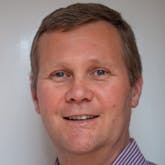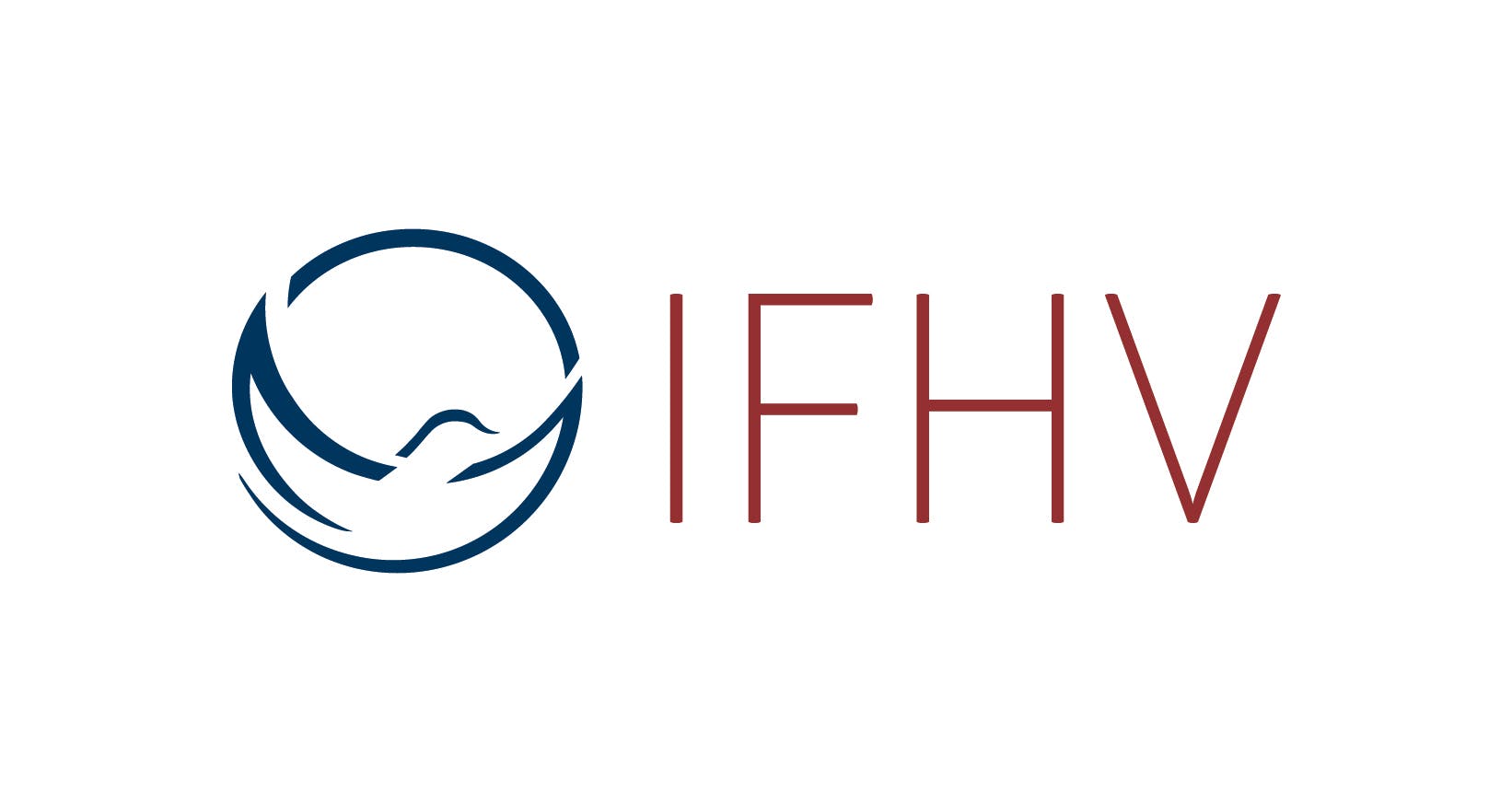Green Humanitarian Standards and Tools
Fully booked
It is increasingly vital for humanitarian practitioners to have a good understanding of sustainable, environmentally reasonable “green response” approaches. This course will introduce to you the existing tools and standards currently available to help you implement green humanitarian responses in your own organization. After the course, you will be able to confidently and independently use at least one green response tool and you will be very familiar with three others, including “NEAT+” and the IFRC “Green Response Guide”. Further, you will learn where to find more green response learning resources and support. The training will be delivered as a combination of interactive lectures, which will include the use of interactive mobile phone polls and scenario-based practical activities. In these scenario-based activities small group work will be done in virtual breakout rooms and learnings will be shared in moderated large group discussions.
The training will take place on 30 November and 1 December and includes regular breaks.
You will learn
the background to green response and awareness of key commitments that humanitarian organizations and donors have made to environmental sustainability
what tools are available to help you improve the environmental outcomes of your projects and programmes
to select the green response tools and guidelines that best meet your needs in your real-world work, with respect to donor requirements
the limitations and biases that are inherent in all tools and guidance and the ability to contextualize tools and guidance to meet local needs
ways to apply the described tools in your own work to reduce the carbon footprint and improve environmental sustainability
Target group
Staff of humanitarian NGOs with several years of professional experience
Schedule
Welcome and Introduction
Background and History of Green Humanitarian Response
The Green Response Toolbox
The Right Tool for the Job
Review for the Day and Preparation for Day Two
Andrea Dekrout
Lecturer

Andrea Dekrout is an environmentalist with 15 years of experience in development and humanitarian settings. She worked as UNHCR’s Environmental Coordinator for 5 years. During that time she provided hands-on field assistance and support to improve the environmental sustainability of UNHCR operations globally. She is currently living and working in Nairobi, Kenya with the United Nations Environment Programme.
Caroline Gardestedt
Lecturer

After 15 years of international humanitarian work in various countries around the world, Caroline Gardestedt is currently working as an Environmental Advisor in the security sector for the European Union in Georgia. With field experiences from Africa, Asia, Middle East, and the Caribbean, Caroline has worked in conflict settings, with humanitarian emergency response and long-term community resilience projects. She specializes in climate security, WASH (water supply, sanitation, and hygiene education), and the integration of environmental considerations in humanitarian action. Since 2017, she has been working to help organizations improve the integration of environmental considerations and to measure and optimize their environmental performance. Caroline was leading the Red Cross Movement “Green Response” group from 2017-2021 with the aim of getting different parts of the Red Cross Movement to work together to improve environmental management in Red Cross and Red Crescent humanitarian operations. Since 2021, Caroline is supporting the European Union in developing guidelines and ways of working to improve the integration of environmental considerations in the security sector. She has a strong commitment to share her knowledge and learn from others, which she enjoys doing through the organization and facilitation of workshops and awareness raising events. Caroline has led trainings, meetings, and workshops for various stakeholders, from international forums in Europe to local meetings in rural areas in developing countries. She is a Swedish citizen and holds a master’s degree in engineering from the Royal Institute of Technology in Stockholm, Sweden, which includes courses in environmental science from the University of Aix-Marseille, France.
Gavin Reynolds
Lecturer

Gavin currently works for the Freshwater Ecosystems Unit at the United Nations Environment Program. His work at UNEP involves developing community-based initiatives such as the Adopt a River for Sustainable Development partnership of UNEP and Rotary. Prior to working at UNEP Gavin was an Environmental, and Water, Sanitation and Hygiene advisor for Swedish Red Cross and the International Federation of Red Cross and Red Crescent Societies. Previously he worked with the Autonomous Bougainville Government in Papua New Guinea and Cheetah Conservation Botswana. Gavin completed his Master of Science and worked at the University of Waikato in his home country of New Zealand before being employed by New Zealand’s Department of Conservation. Having worked in the Humanitarian, Development and Environment spheres he has developed a keen interest in the intersection of human development and environmental conservation with a focus on communities and community led initiatives.
30.11.2023 - 01.12.2023
10 hours of training
Online Event
 This training is organized by the Institute for International Law of Peace and Armed Conflict.
This training is organized by the Institute for International Law of Peace and Armed Conflict.